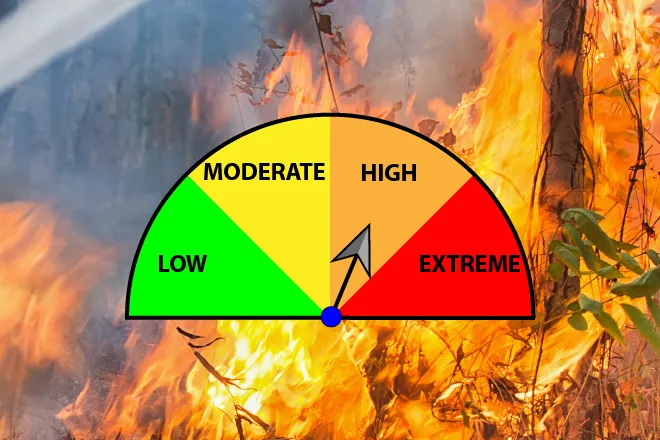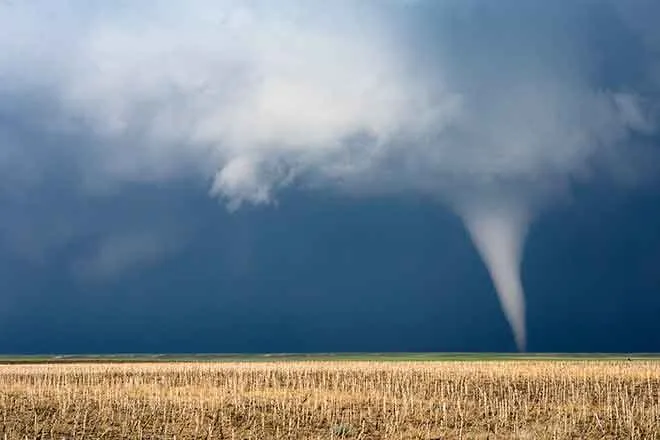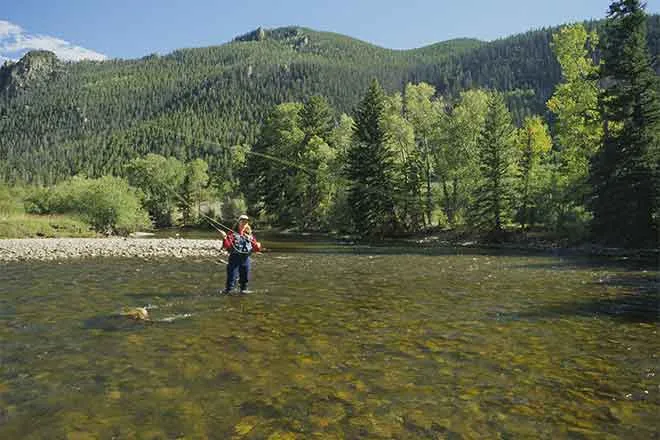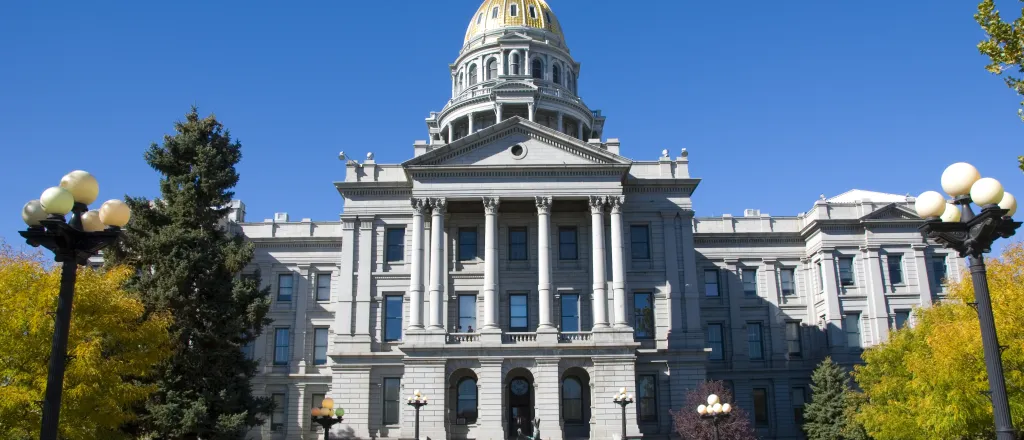
Legislative leaders hear concerns over new Colorado open meetings law
Colorado Capitol Building Denver © iStock - kuosumo
Government transparency advocates expressed their frustration with recent changes made to Colorado’s open meetings law during a public hearing Monday, though there is no guarantee the law will get amended again.
The Legislature approved the change in March in an attempt to update the open meetings law for a world with email, cell phones and text messages, which did not exist when voters adopted the law in 1972. Sponsors and supporters also said the changes allow legislators to brainstorm and have informal conversations.
Critics, however, contend that the update allows for secret policy negotiations that fall outside of formal votes and committee hearings. This could deprive members of the public, they argue, of a meaningful view of how policies are formulated and instead allow public access only to formal votes without substantive discussion.
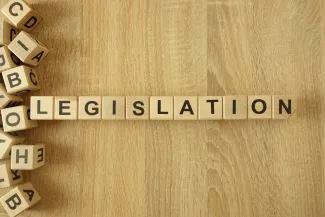
“As a watchdog, it’s important for the press to also have access to the work that you do — not just the public votes, but understanding how you reach your decisions. We’re concerned that (Senate Bill 24-157) weakens that ability and makes it easier for those discussions to happen in private,” Kevin Dale, the executive editor of Colorado Public Radio News, told legislative leaders on Monday.
The opportunity for public testimony before the end of 2024 was a requirement in the law. The Legislative Council has the power to consider changes on an annual basis until 2026.
The original law defines an open meeting, which requires a notice and ability for public observation, as a gathering between at least two lawmakers to discuss public business. The update, which applies only to the General Assembly and not local public bodies such as city councils, redefines public business as “introduced legislation” or “proposed legislation” prepared by the Office of Legislative Legal Services and under discussion by a quorum of a committee and excludes “matters that are by nature interpersonal, administrative, or logistical or that concern personnel, planning, process, training, or operations.” Previously, the law defined public business as the formation of public policy.
That new definition was the basis for the exclusion of reporters from Democratic caucus meetings over the summer that went over the possibility of a special summer session on property taxes. There was no introduced legislation at the time of the caucus meetings.
“It was startling and disturbing to hear that journalists and the public were excluded from caucus meetings before the August special session on property taxes using the new definition of public business. Caucus members were given copies of the tax proposal during meetings, but leaders told the Colorado Sun there really wasn’t a policy conversation,” said Jeff Roberts, the executive director of the Colorado Freedom of Information Coalition.
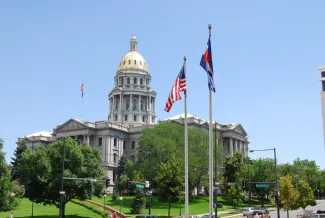
House Speaker Julie McCluskie, a Dillon Democrat, said that the August meetings had substantial conversation about the campaigns for and against a pair of property tax measures that were on the November ballot. The risk of those measures was the impetus for the special session, but the campaigns were not identified as public business.
Since then, McCluskie said House Democrats started posting notices for meetings that could contain policy discussion even if there are not introduced bills involved.
Both Dale and Roberts, as well as Colorado Press Association CEO Tim Regan-Porter, want to see all caucus meetings subject to the open meeting law.
“Until such a change is made, we urge all caucuses to voluntarily adopt this standard as a matter of good faith and accountability,” Regan-Porter said.
It is possible that the Legislature will consider bills next session to address the open meeting issue.
“I do believe that we need to continue to move forward in figuring out how to — openly, before the people — craft the best policy possible,” Senate Minority Leader Paul Lundeen, a Monument Republican, said. Lundeen voted against the bill this year. “We need to find out how to do the public’s business in front of the public in a way that still preserves the fact that creating legislation is very relational.”
The Legislature reconvenes January 8.
Colorado Newsline is part of States Newsroom, a nonprofit news network supported by grants and a coalition of donors as a 501c(3) public charity. Colorado Newsline maintains editorial independence. Contact Editor Quentin Young for questions: info@coloradonewsline.com.







